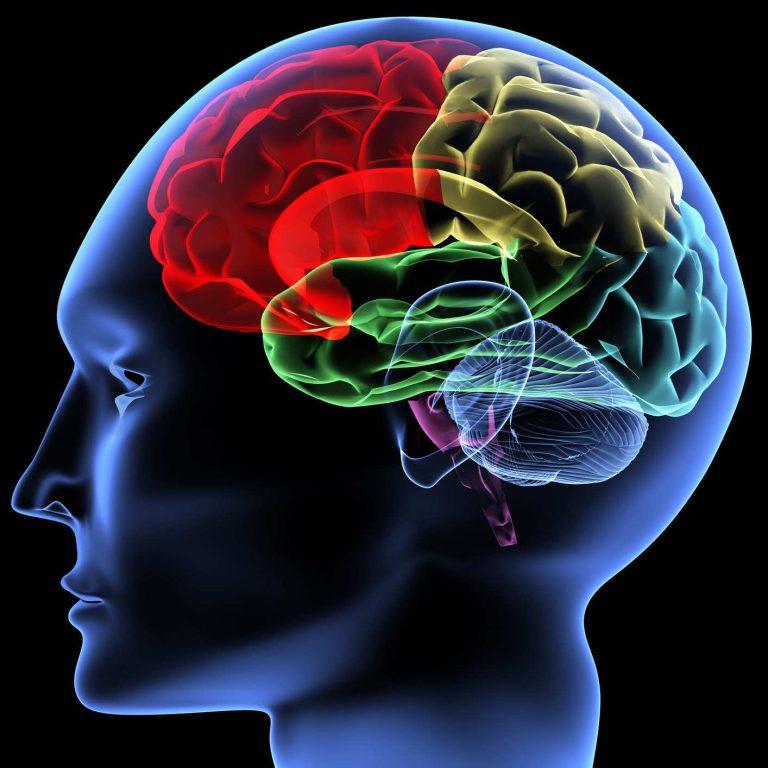Can We Be Happy Without God?

The question is whether it is better to have the opportunity of enjoying an eternal life of bliss, or to miss that chance altogether by following the delusion that we can be happy without God.

The question is whether it is better to have the opportunity of enjoying an eternal life of bliss, or to miss that chance altogether by following the delusion that we can be happy without God.

The aim of this article is to highlight various names and attributes of God mentioned in some of the verses of this chapter and elaborate on them for a better understanding toward knowing our Creator. Each attribute is at the end of each verse which in essence explains the verse itself.
The name As-Samad has many aspects to its meaning. It refers to one who is Lord, who possesses and disposes of all affairs, one whom people come to with their needs, but who at the same time is complete and self-sufficient, needing and depending upon no one else.

Recently, a new science is being developed called neuro-theology to study the neurobiology of religion, to identify the brain's spirituality circuit, and to explain how it is that religious rituals have the power to move believers and non-believers alike.

Allah is the Indivisible whose essence cannot be divided. He has no partner, and there is no one who can compare with or rival Him in any way. He is One, unique in His names, attributes and actions.
“Allah” is comprised of letters and sounds that are easy for everyone to pronounce. They are an “l” an “h” and the vowel sound “aa”. A baby would have no problem with these sounds, regardless of what his native language might be.

Humankind, in general, has maintained a belief in the existence of the Creator of the Universe since time immemorial. The duty of the prophets of Allah was not so much to inform their people of Allah's existence as to warn them against associating others with Him, and to teach them how to serve Him.
All of Allah’s attributes can be summed up in three main notions, namely that He exists, that He is one: in His own self, attributes and acts, and that He is perfect, which is the nearest in meaning to God’s name Hakeem (The All Wise). However, the name “Al-Hakeem” is one of some of Allah’s divine Names that are nearer than others to human beings; and the nearest of all of His names to human beings are “the Lord”.

The Arabic word “Kareem” embraces all illaudable qualities as: forbearing, generous, kind, gentle, patient, self-possessed, manly, noble, pure…etc. Likewise, “Kareem” includes all laudable and admirable human qualities, contrary to “La’eem”, which embraces all illaudable qualities, such as: miserly, mean, arrogant, tyrannical, ungrateful, selfish…etc. includes all lowly illaudable ones.

The Qur’an does not say that the material or physical development of a country is determined by the religion of its citizens. But the Qur’an does say that the final destination of a person or a people is determined by religion. And the Qur’an also teaches that righteousness and prayer certainly lead to good results here and now, as well as in the hereafter.